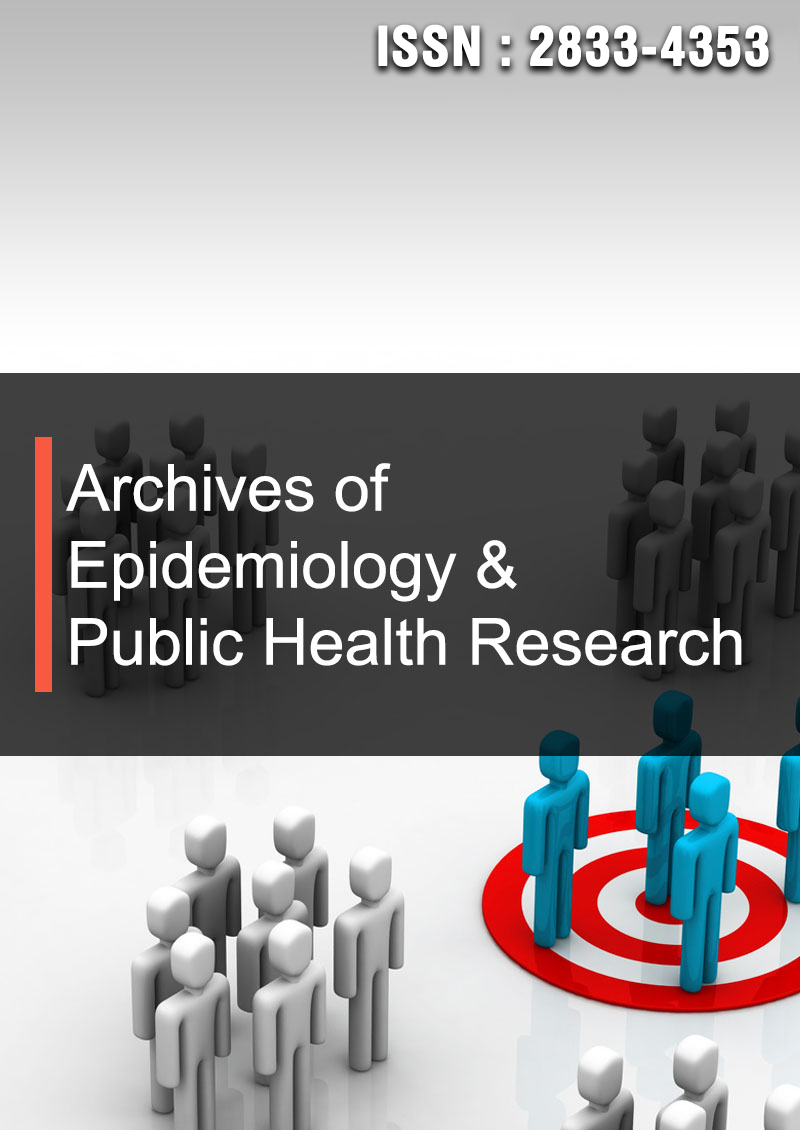A Cross-Sectional Study on the Detection of Extended Spectrum Beta-Lactamase (ESBL) E. coli Producers in Groundwater in Lusaka District
Abstract
Kennedy Chishimba, Liyali Libonda, Flavien Nsoni Bumbangi, Mubanga Maron, Evans Mulenga, Bernard Hang�??ombe, Nicholas Mutoya and Kampwe Muzandu
Background: Most of the peri-urban communities in the Lusaka district have a significant number of shallow well water points which part of the local community access drinking water from. The objectives of the research were to detect the presence of ex- tended-spectrum beta-lactamase producing Escherichia coli in shallow well water in the Lusaka district. A total of 145 shallow well water samples from the community were collected between September 2014 and March 2015 and later submitted for labo- ratory analysis to the University of Zambia, School of Veterinary Medicine, Paraclinical Department Microbiology Laboratory.
Results: Overall 9/77 (11.6%, 95% CI; 6.8 – 34.5%) of the total samples analyzed indicated that extended-spectrum beta-lac- tamase producers were present in water samples. 13.6% (95% CI; 8 – 24.3%) of the total samples analyzed for antibiotic disk sensitivity test indicated that extended-spectrum beta-lactamase producing Escherichia coli isolates had conferred resistance to beta-lactam antibiotics.
Conclusions: The study has revealed the presence of ESBL-producing E. coli isolates in shallow well water and could be one of the potential reservoirs for the antimicrobial resistant genes. The results obtained require an urgent need for concerned stakeholders and government wings to immediately bury all the shallow wells in the peri-urban communities and provide them with safe drinking water.



